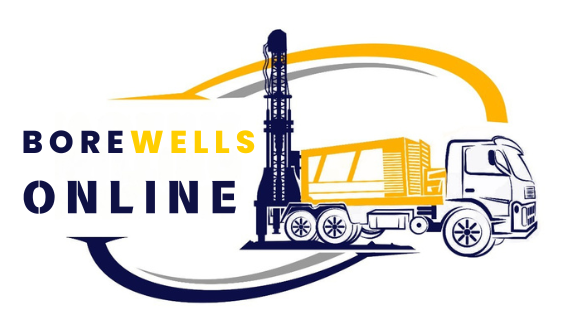Bore wells have always been a primary source of water in India for many decades. In areas that it is very difficult or not economic to transfer portable water, bore wells act as a sustainable source of water. Bore wells go deep into the earth such that the pipes that are laid out for drawing water from the source of water fetch water of utmost quality and is durable in the face of contaminants from the surface.
A small shaft is drilled vertically into the ground in order to access water that is under the surface. Having access to bore well water is an extremely affordable and among the cheapest way to deliver water for domestic use. If the bore well has a higher capacity, it can be used for commercial needs as well. It is a sustainable source of water and a guaranteed way to reduce municipal water usage and help in fighting the constantly increasing water crisis.
However, it is important to consider that the immediate environment in which the bore well is dug can directly influence the type and levels of contaminants. If there is a high level of contaminants around the bore well the chances of the water being contaminated is also high. Bore well water cannot be used for all activities especially without proper treatments and purifications. Activities such as cooking, watering edible vegetables, drinking water etc. cannot be performed without ensuring that the bore well water is filtered. Thus the water needs to be regularly tested and a water purification device must be installed. This will add to the immediate cost of the bore well.
The ground water levels can be negatively impacted if the number of bore wells in a particular area is very high as a totality of the impact will lead to a reduction in the water levels and add to the problem of water scarcity.
Bore well pipes: pros and cons
There are two main pipes that are primarily used for this purpose namely, PVC pipes and GI pipes. GI pipes are the Galvanized Iron pipes that are very strong and largely used for the distribution of both treated and raw water in rural and urban areas. These pipes are also commonly used in the plumbing of domestic buildings. However, GI pipes are highly prone to corrosion and clogging. They are also very heavy and hard to cut apart from being inflexible.
PVC Pipes have become common in recent times and have taken up a lot of function in replacing GI pipes in the conventional highly GI pipes dominated market. PVC pipes are long lasting, durable, flexible, sustainable and strong. Their smooth surface encourages fast and smooth flow of water that makes the highly suited for instillation in bore wells.
PVC pipes are lead free and chemical resistant that helps in keeping the water free from any chemical build up and contamination. Since they are lightweight they are easy to install, flexible and cheaper than other pipes. They have the ability to self-exhaust and hence prevent damages due to combustion. Thus the provide stable performance at great depths.
